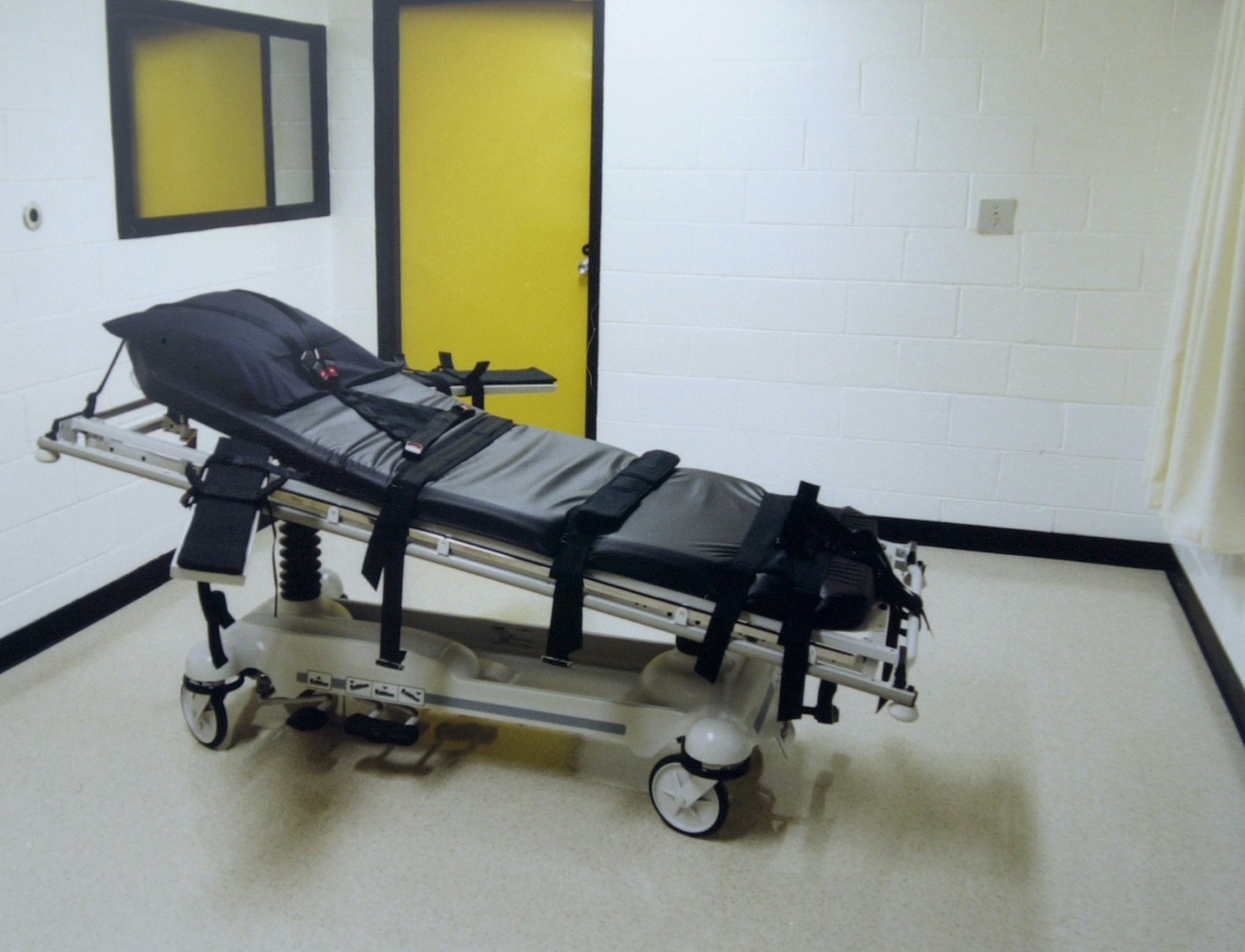U.S. Executes Keith Dwayne Nelson, The Fifth Federal Prisoner Put To Death This Year
Nelson’s attorneys had sought to have his death sentence reversed, citing critical errors by his original trial attorneys.

The U.S. government executed Keith Dwayne Nelson on Friday, the fifth person the Trump administration has put to death this summer.
Nelson, 45, was pronounced dead at 4:32 p.m. at the U.S. Penitentiary in Terre Haute, Indiana, according to the Associated Press, which had a reporter present. He did not make a final statement.
“The execution of Keith Nelson did not make the world a safer place,” said his attorney, Dale Baich, in a statement. “Over the years, we have come to know Keith as someone who was different than the person who committed the horrible crime … We saw his humanity, his compassion, and his sense of humor.”
A District Court judge initially stopped the execution on Thursday, ruling that the drug the government uses for executions, pentobarbital, violates the Food, Drug, and Cosmetics Act because it was obtained without a prescription. That order was lifted by the D.C. Circuit Court of Appeals on Thursday night, clearing the way for the execution to proceed.
The Trump administration resumed executions in July after a 17-year hiatus, executing three men in one week. Earlier this week, the government executed Lezmond Mitchell, despite objections from tribal leaders who said the killing breached tribal sovereignty.
In 2001, Nelson pleaded guilty to kidnapping 10-year-old Pamela Butler in Kansas City, Kansas, raping and then strangling her to death before dumping her body in Kansas City, Missouri. The crime was eligible for the federal death penalty because he transported Butler across state lines.
In the years since Nelson was sentenced to death, his attorneys have argued that his trial counsels’ performance did not meet constitutional standards. In filings, they have argued that the attorneys did not uncover evidence of brain damage and physical and sexual abuse that might have swayed the jury to spare Nelson’s life. Additionally, attorneys said that Nelson had a long history of mental illness including psychosis and was dissociating at the time of the crime. Though this could have been used to mount an insanity defense, Nelson’s trial attorney did not present that evidence to the jury and told him that he should plead guilty because there was no defense to the charges filed against him, according to his legal team.
During an appellate hearing on the case, one of the trial attorneys admitted that he was overburdened with other capital cases when he took Nelson’s case with just nine months until trial and regretted doing so.
In a statement last month, Baich said that these errors were to blame for Nelson’s death sentence. “[It is] the result of a proceeding that denied him constitutionally guaranteed protections and reveals another deep flaw in the federal death penalty system,” he said.
